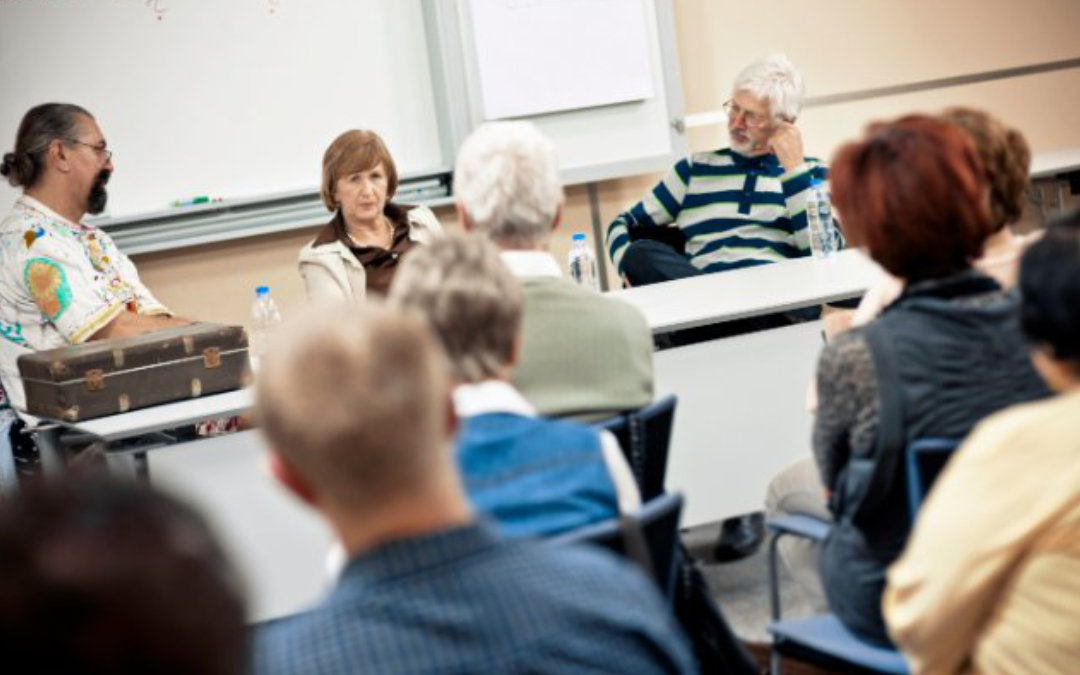It was a meeting to negotiate a way forward as partners, in order to provide a more wide-ranging new service solution without loss of reputations or identities. I represented the tender winner and had the responsibility to make the marriage work.
Not unlike an arranged marriage, it was the first meeting between the tender winner, a government agency and an alliance made up of unsuccessful tenderers.
A recent reform instigated a rationalisation of the sector, to provide more effective, preventative services and solutions for a vulnerable sector of society.
In the lead up to this marriage of unlikely bedfellows, an alliance had been formed to campaign against the government. They won part of their argument. They also had to form a partnership with the tender winner.
It was my job to make the arrangement work. My client was the smaller player, but in the winning seat. The alliance needed to be a part of it if we were going to create a comprehensive service.
Adding to the pressure-cooker situation, the media had sensed a fight and developed an appetite for the story.
Reputational concerns abounded as there had been obvious resistance and fierce lobbying. We were the smaller player taking the lead, we needed to maintain our relationship with the funders, the government needed the partnerships to work and deliver the services, and the alliance wanted their independence maintained.
It was a significant transformational shift with all organisations having to change the way they do business. Everyone cared deeply about their stake, namely their legacy and future. To maintain reputation, this marriage required consistency, and frank and fearless conversations. I was in my element.
Research and experience has shown me that every improvement in involving all stakeholders from the outset, delivers greater long term benefits and improvement in everyone’s reputation. In this case, a successful marriage could create increased efficiencies through cooperation. Measureable results would be enhanced client service, cost savings and profitability – just what every business wants.
Everyone involved in such a process has a viewpoint or position to be recognised and respected. And the process itself, how we prepare to be at the table and what happens there, forms the very foundations of working together in long term partnership.
Engagement is a planned process that requires working across organisations, stakeholders and communities to reach consensus, decision and action. Early engagement with suppliers, clients, employees and the vulnerable communities they served, enabled me to find the common ground and clarify responsibilities. Each partner conversation provided early insights into what was negotiable and what was not, and enabled me to harness the collective power of each organisation, their environments and motivations. It also provided an opportunity to minimise any potential barriers.
At the table, my job was to facilitate the discussion, then bridge the big picture with the micro issues. I had to keep the balance between all voices throughout the conversation to ensure everyone had air time. I cut through the noise by telling the story of what the new service would look like. We kept the communication real by sticking to key points and context.
We all want to keep stakeholders engaged and happy. Our reputation is an outcome of our capacity to do so. This may require getting everyone to meet at the table a few more times. It may require clarifying and challenging assumptions, slowing down and assessing the external environment. It certainly requires commitment to the long game.
So did my client’s reputation survive this inaugural meeting, with the media camped outside the door? Did their arranged marriage with the alliance succeed?
Yes!
We found a pathway to becoming partners and establishing a new service. Subsequent meetings ironed out the sticking points and we landed on contractual agreements. Measurable business benefits ranged from improved retention of employees and clients, and the start of a competitive service advantage. Not to mention improved reputation.
Big moments happen like this, with everyone at the table. Equally important is the breadth of conversations in the lead up. My job is to maintain your reputation through the change, and find the shared value. Together, we will find a united vision and a successful marriage.
Gabrielle Martinovich helps companies experiencing growth, change or complexity engage with their people, partners and customers, specialising inengagement, strategic communication and business transformation. To make contact visit http://au.linkedin.com/in/gabriellemartinovich

